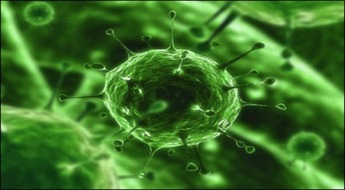Potential Vaccines Associated with Vaccines (in Dogs) as from the American Veterinary Medical Association (AVMA):
It is common for pets to experience some or all of the following mild side effects after receiving a vaccine, usually starting within hours of the vaccination. If these side effects last for more than a day or two, or cause your pet significant discomfort, it is important for you to contact your veterinarian:
Always inform your veterinarian if your pet has had prior reactions to any vaccine or medication. If in doubt, wait for 30-60 minutes following vaccination before taking your pet home.
It is common for pets to experience some or all of the following mild side effects after receiving a vaccine, usually starting within hours of the vaccination. If these side effects last for more than a day or two, or cause your pet significant discomfort, it is important for you to contact your veterinarian:
- Discomfort and local swelling at the vaccination site
- Mild fever
- Decreased appetite and activity
- Sneezing, mild coughing, "snotty nose" or other respiratory signs may occur 2-5 days after your pet receives an intranasal vaccine
- Persistent vomiting or diarrhea
- Itchy skin that may seem bumpy ("hives")
- Swelling of the muzzle and around the face, neck, or eyes
- Severe coughing or difficulty breathing
- Collapse
Always inform your veterinarian if your pet has had prior reactions to any vaccine or medication. If in doubt, wait for 30-60 minutes following vaccination before taking your pet home.

**Vaccines that are killed (containing a dead or parts of a dead virus) have to have what is called an adjuvant which is a chemical of some type that causes more of a reaction in your pet to get a good immune response to vaccines: Rabies Vaccines for dog are typically killed and contain adjuvant, as are Leptospirosis vaccinations, which makes these vaccines more likely to cause at least mild side effects in dogs. Unfortunately, killed vaccines usually do not last as long in your pet's system so they typically need more frequent or yearly boosters (Rabies is an exception) **
Porter Pet hospital uses a Rabies vaccine that does not contain a common adjuvant, thermisol, in efforts to decrease some reactions.
Porter Pet hospital uses a Rabies vaccine that does not contain a common adjuvant, thermisol, in efforts to decrease some reactions.
